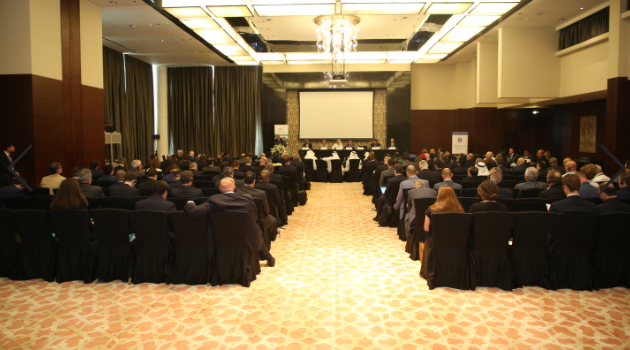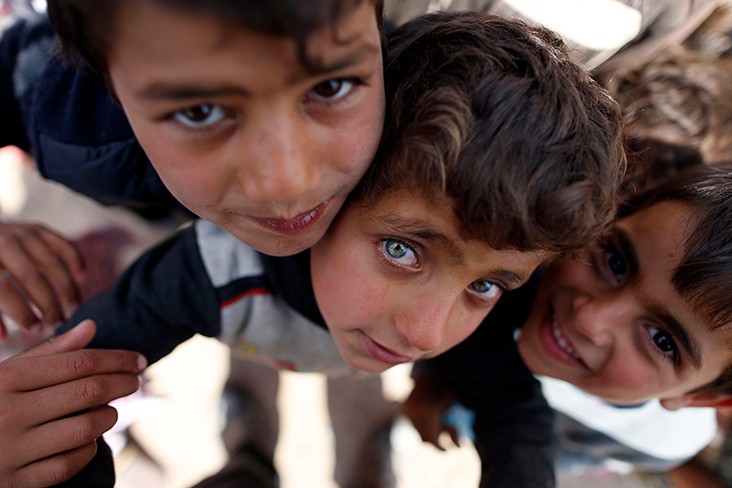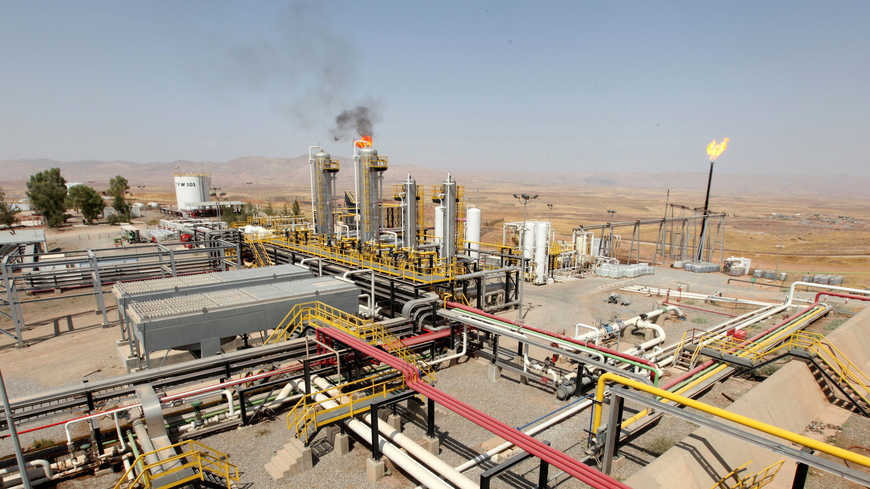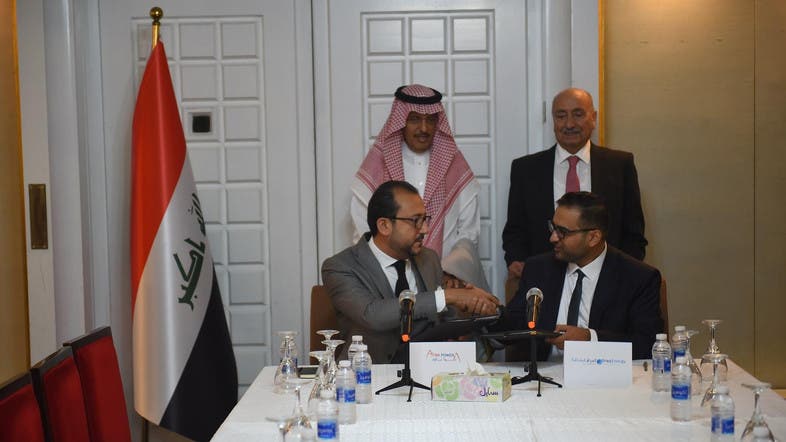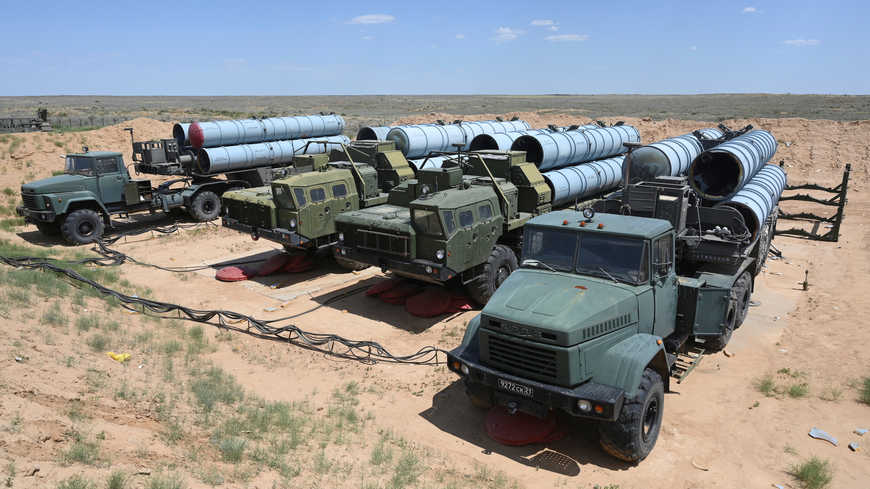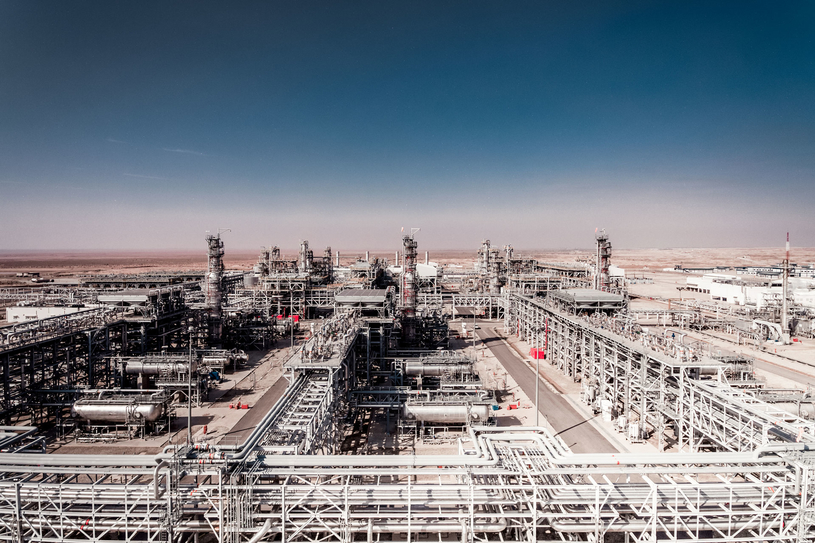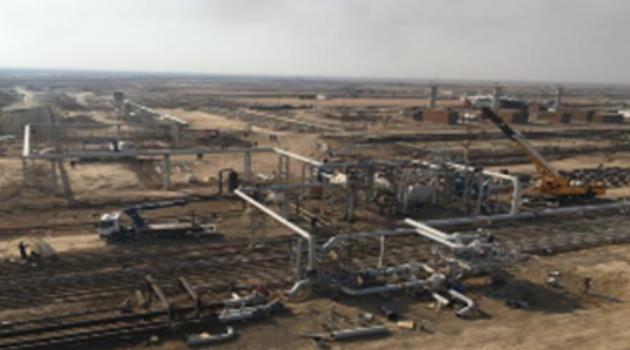From Peace to prosperity:
The Conference to find out what’s happening for Iraq business.
The Iraq Britain Business Council (IBBC) Autumn Conference in Dubai on December 8th is set against a backdrop of relative peace and security in Iraq, and the prospect of oil revenues surging through the economy is driving a wider range of business opportunities and a prospective 8% increase in GDP.
Peace is enabling the economy to diversify through the revenues that pay for a range of infrastructure projects. So this Autumn we are focusing on a range of sectors set to benefit from a stable Iraq: namely, Water, Transport and Logistics, Energy and Tech.
The recent protests have also spurred on Government reforms and incentives to drive employment, entrepreneurship and service diversity, and increase the volume of opportunity that lies ahead and the prospects for not just business-to-business but also a burgeoning consumer market.
The Iraqi Electricity Minister will likely be speaking about his reforms to open up the market to SME’s, training and new players. Other ministers including those from Construction and Transport are attending.
The recent announcement of a 10year tax-free period for SMEs in Iraq will also stimulate the Tech entrepreneur market and drive the uptake of engineering skills.
At this conference, we will discuss big-picture economics with Professor Frank Gunter (Lehigh University), Ahmed Tabaqchali (AFC Iraq Fund), and Simon Penny (UK Trade & Investment), who will address the economic backdrop in the Middle East, and the context for Iraq in particular.
The World Bank and Wood Plc will cover the water sector, while Rolls Royce, Basra Gateway Terminal (BGT), and Menzies will look at transport and logistics, and Iraq’s Electricity Minister, GE, Siemens and Enka will focus on energy.
Alongside the conference our Tech Forum brings experts on HealthTech and Educational Tech, including speakers from GE, Siemens Healthcare, KPMG, EY, Google and the British Council, among others.
While key opportunities will be outlined, the real opportunity for business is to meet the people directly involved in contracts and supply-chain opportunities. This is the place to do business, to network and to find out what’s happening in the Middle East’s most potentially dynamic market that is Iraq.
For further information and to find the latest updates on speakers – more are expected – please contact london@webuildiraq.org or visit the website to register for tickets.
https://iraqbritainbusiness.org/event/autumn-conference-at-the-address-hotel-dubai
The year it’s all on the up…

